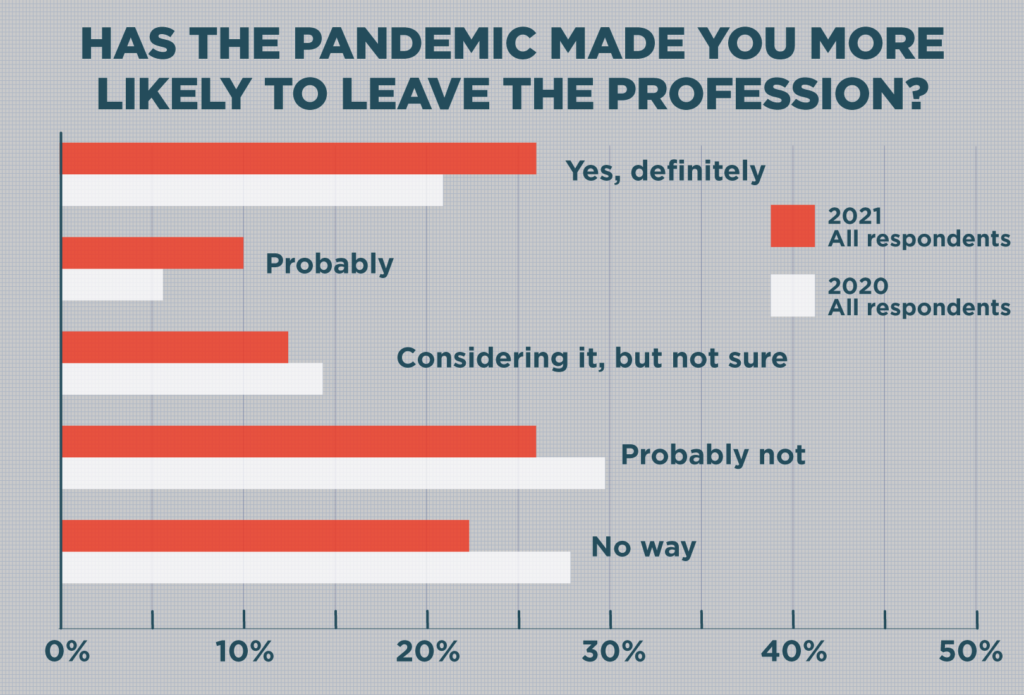Inhumane for Caregivers and Residents
Inhumane Treatment
Nursing home caregivers are burnt-out, frustrated, and ready to quit. Just 1% of nursing homes are currently fully staffed, according to a new survey by the American Health Care Association/National Center for Assisted Living. Due to these shortages, nearly every nursing home and assisted living community is asking staff to work overtime or extra shifts. Nearly 70 percent of nursing homes are having to hire expensive agency staff. 58 percent of nursing homes are limiting new admissions. It is inhumane how we treat caregivers and residents.
The findings show the industry remains short-staffed struggling to recover jobs nationwide.
McKnight’s Long-Term Care News survey of industry leaders confirms the industry is collapsing. They need help especially more staff, a living wage, and benefits.
Responses for administrators and nurse managers combined reflect how strongly the latter group’s mood has darkened on the profession.
It is a lot worse for direct caregivers. For example, Keshia Williams, a certified nursing assistant, often struggles to take care of up to 20 residents at her nursing home. Williams said nursing homes were under-staffed before but the pandemic made the situation worse. She needs “more hands on deck.”
“It’s not even considered care at that point,” she said. “It’s inhumane.”
We need to treat the caregivers better so they can treat the residents better. Obstacles include the lack of funding to offer more competitive wages, vaccination requirements, and fear of contracting COVID-19. Vaccinating more employees is the most important steps nursing homes can take to keep residents safe.
South Carolina
The CDC’s Advisory Committee on Immunization Practices recommends booster doses of the Pfizer COVID-19 vaccine for residents living in long-term care facilities and seniors aged 65 and older. It is about time. For a second consecutive week, South Carolina had one of its highest death tolls since the pandemic hit in March 2020. The number of COVID cases and deaths among South Carolina’s nursing home residents are as high as they have been since a surge last winter.
Nursing home deaths in South Carolina increase as COVID-19 cases continue to increase in the state. Roughly 1 out of every 1,000 residents are dying of COVID-19. Over 1 out of every 100 residents gets the virus, tying the national average.
Dr. Jane Kelly is the Assistant State Epidemiologist with SCDHEC. She stated:
“Vaccination is certainly our strongest weapon against COVID-19 hospitalization and mortality. The uptick in nursing homes is related in large part to the lack of vaccination among everyone.”
Many facilities are not requiring staff to be vaccinated. According to the AARP dashboard, about 55% of South Carolina’s healthcare workers are fully vaccinated. Well below the 75% promised by the industry. The vaccination rate for South Carolina’s nursing home residents is low. Only 82% of residents. Nursing home residents will remain at a high risk of contracting COVID-19 if nursing homes fail to increase vaccination rates among caregivers.
Please be safe. Choose wisely. Get the vaccine. It is safe. DHEC compiled a list which shows the number of cases and deaths among residents and staff at each facility.


Recent Comments